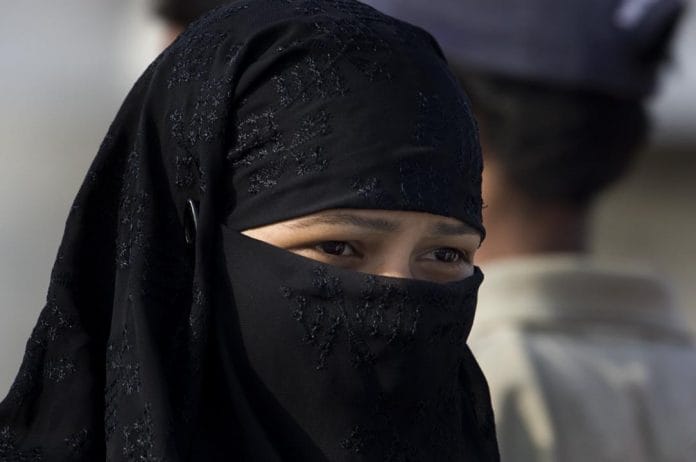What started as a petition by a divorced Muslim woman, Shayara Bano, in the Supreme Court, has resulted in an adjourned Parliament, and acrimonious and politics of tokenism.
New Delhi: A Supreme Court verdict and a Parliament session later, there seems to be no respite for Muslim women from the “unconstitutional” practice of instant triple talaq, even as the politics in their name continues unabated.
What started as a petition by a divorced Muslim woman, Shayara Bano, in the Supreme Court, has resulted in an adjourned house, acrimonious politics of tokenism, and some more procrastination.
Here’s a timeline of key events related to the contentious issue:
1. In 2016, Shayara Bano, a 35-year-old woman from Uttarakhand, reignites the communally-loaded debate on triple talaq by approaching the Supreme Court. Instant triple talaq or talaq-e-biddat pronounced by her husband should be declared as void, she demands.
2. In August 2017, the Supreme Court rules the unilateral form of divorce to be “unconstitutional”. This gives Muslim women a sense of justice which has eluded them since 1986, when the Rajiv Gandhi government overturned an SC judgment, according to which a divorced Muslim woman Shah Bano, was to be given alimony by her former husband.
3. A minority ruling of the apex court bench, however, says Parliament should legislate on the matter – a possibility first ruled out by the government.
4. Weeks before the bitterly fought assembly elections in Gujarat, however, the government prepares a draft legislation, without holding any consultations with stakeholders or any Muslim women’s group. The cabinet soon passes the Muslim Women (Protection of Rights on Marriage) Act, 2017.
5. Three main provisions of the bill are deeply contentious: the husband can be accused of instant divorce by anyone, not just the wife, and will be imprisoned for a period of three years; he will have to pay his wife maintenance during this period; and the custody of minor children will be given to the wife.
6. The BJP is accused of being on an overdrive to champion the cause of Muslim women. The Congress, meanwhile, is caught in a quandary: if it opposes the bill, it will be portrayed as a party inimical to the interests of Muslim women – unchanged from Shah Bano’s time; if it supports the bill, it would be ceding ground on reform to the BJP, and antagonising its conservative Muslim vote bank.
7. While the Lok Sabha passes the bill thanks to the BJP’s comfortable majority, it hits a roadblock in the Rajya Sabha in the face of a united opposition, which demands that certain amendments be made, and the bill be referred to a select committee.
8. With both the Congress and BJP now accusing each other of politicising the issue, the fate of the bill could be decided in the Budget session of Parliament, which begins later this month.






